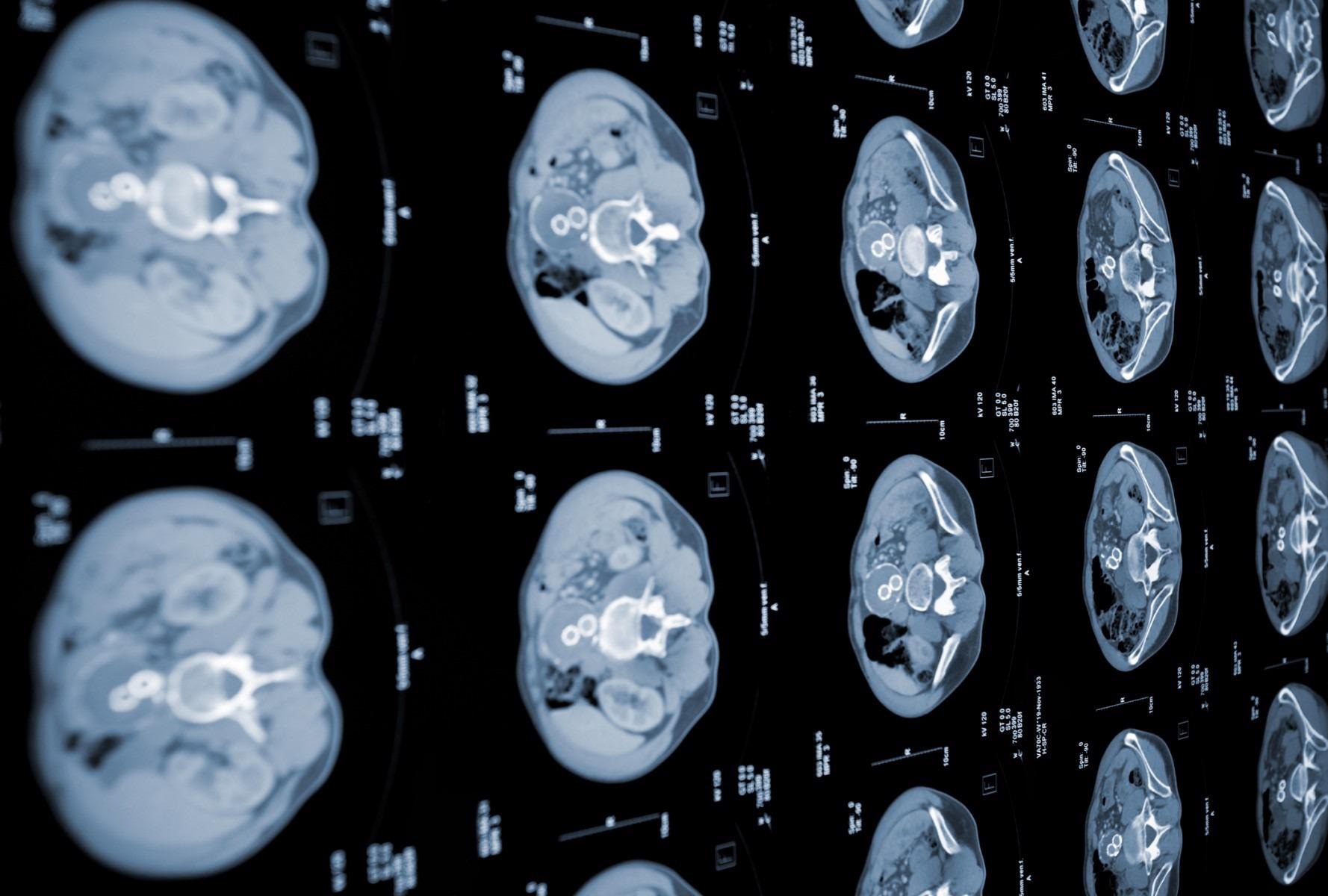Researchers at Cedars-Sinai have developed an artificial intelligence (AI) program that is able to properly identify who is likely to get pancreatic cancer depending on what their CT scan results looked like years before they were diagnosed. The results were published in the journal Cancer Biomarkers and may help prevent death via the early diagnosis of one of the most difficult tumors to cure.
 An AI tool developed by Cedars-Sinai investigators could eventually be used to detect early pancreatic cancer in people undergoing CT scans for abdominal pain or other issues. Image Credit: Getty Images.
An AI tool developed by Cedars-Sinai investigators could eventually be used to detect early pancreatic cancer in people undergoing CT scans for abdominal pain or other issues. Image Credit: Getty Images.
This AI tool was able to capture and quantify very subtle, early signs of pancreatic ductal adenocarcinoma in CT scans years before the occurrence of the disease. These are signs that the human eye would never be able to discern.
Debiao Li, PhD, Study Senior and Corresponding Author and Professor, Biomedical Sciences and Imaging, Cedars-Sinai
Li is also the Karl Storz Chair in Minimally Invasive Surgery in Honor of George Berci, MD, and the director of the Biomedical Imaging Research Institute at Cedars-Sinai.
Pancreatic ductal adenocarcinoma is not only the most frequent but also the worst type of pancreatic cancer. Only about ten percent of those who are diagnosed with the condition live for more than five years after commencing treatment. However, recent findings have shown that detecting cancer early can enhance survival rates by up to 50%. However, presently, there is no simple approach to detecting pancreatic cancer at an early stage.
Symptoms of this type of cancer include general abdominal pain and unexplained weight loss, but these symptoms are often disregarded or misinterpreted as signals of cancer as they are common in many health disorders.
“There are no unique symptoms that can provide an early diagnosis for pancreatic ductal adenocarcinoma,” said Stephen J.
Pandol, MD, is the director of Cedars-Sinai’s Basic Translational Pancreas Research and the program director of the Gastroenterology Fellowship Program. “This AI tool may eventually be used to detect early disease in people undergoing CT scans for abdominal pain or other issues,” he says.
The researchers looked through electronic medical data to find individuals who had been diagnosed with cancer in the previous 15 years and had CT scans six months to three years before their diagnosis. At the time of their acquisition, these CT pictures were thought to be normal. The researchers found 36 patients who fit these criteria, the majority of whom received CT scans in the emergency room due to abdominal pain.
The AI technology was designed to contrast pre-diagnostic CT pictures from individuals with pancreatic cancer to CT images from 36 people who did not get the disease. According to the researchers, the model was 86% accurate in predicting who would acquire pancreatic cancer and who would not.
The AI model detected differences in the surface of the pancreas between cancer patients and healthy controls. These textural alterations may be the result of molecular changes that take place as pancreatic cancer progresses.
Our hope is this tool could catch cancer early enough to make it possible for more people to have their tumor completely removed through surgery.
Touseef Ahmad Qureshi, PhD, Study First Author and Scientist, Cedars-Sinai
The researchers are currently gathering data from hundreds of patients at healthcare facilities across the United States to further investigate the AI tool’s predictive abilities.
The Cedars-Sinai Medical Center Board of Counselors, the Cedars-Sinai Samuel Oschin Comprehensive Cancer Institute, and the National Institutes of Health supported the research under grant number R01 CA260955.
Journal Reference:
Qureshi, T. A., et al. (2022) Predicting pancreatic ductal adenocarcinoma using artificial intelligence analysis of pre-diagnostic computed tomography images. Cancer Biomarkers. doi.org/10.3233/CBM-210273.